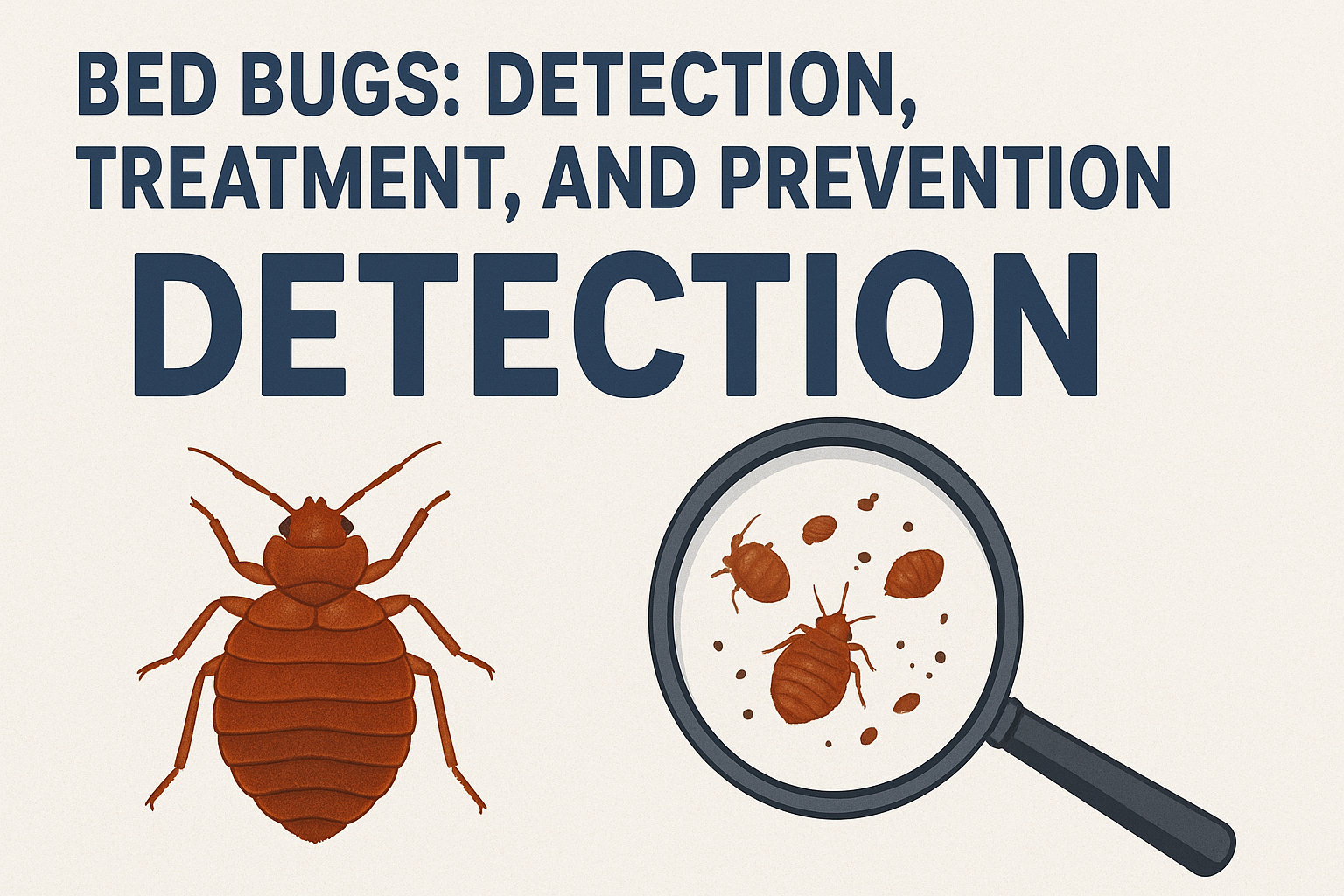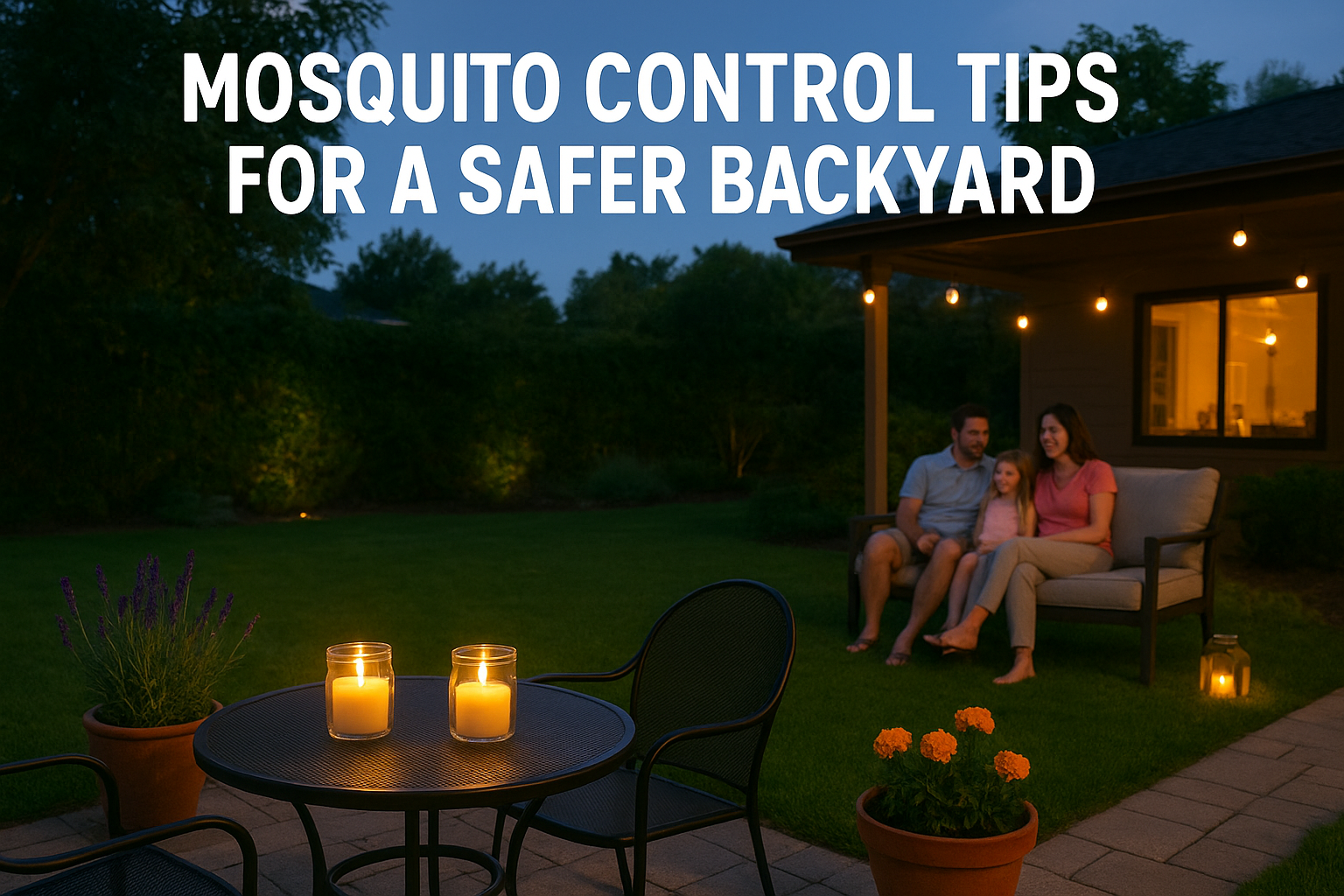The Connection Between Pests and Health Risks
- Pest_Control

Introduction
How Pests Impact Health
The connection becomes clearer when we look at how different pests directly affect our health. Cockroaches, for instance, are known to trigger asthma and allergies due to the proteins found in their saliva, feces, and shed body parts. Rats and mice, on the other hand, spread dangerous diseases like leptospirosis and hantavirus. Mosquitoes transmit malaria, dengue, and Zika virus—conditions that continue to threaten public health globally.
Even ants, often dismissed as harmless, can contaminate food with pathogens. Termites, while not disease carriers, still pose indirect health risks by damaging wooden structures, which may lead to unsafe living conditions. This shows the undeniable connection between the presence of pests and the rise of health-related issues.
Allergies and Respiratory Issues
One of the strongest connections lies in respiratory health. Dust mites, cockroaches, and rodents all release allergens that circulate indoors, worsening breathing conditions. Children and the elderly are particularly vulnerable, and untreated infestations often contribute to long-term respiratory diseases. Preventive pest control thus goes beyond cleanliness—it is a proactive measure to protect family health.
Food Contamination and Poisoning
Pests are notorious for contaminating food supplies. Flies, for instance, carry over 100 pathogens that can transfer onto uncovered meals. Rodents gnaw into food packages, leaving behind droppings that contain dangerous bacteria like Salmonella. The connection between pest infestations and food poisoning is well established, making pest control essential not just for homes, but also for restaurants, hotels, and food-related businesses where consumer safety is at stake.
Mental Health Effects
The connection is not limited to physical illnesses. Living in a pest-infested environment often leads to stress, anxiety, and sleep disturbances. Bed bugs, for example, do not transmit diseases but are infamous for causing psychological distress. Constant itching, paranoia about being bitten, and disrupted sleep cycles all contribute to poor mental health. A pest-free environment, therefore, is vital for holistic well-being.
The Role of Hygiene and Sanitation
While pests are drawn to food, moisture, and shelter, poor sanitation accelerates their spread. The connection between hygiene and pest control is undeniable. Overflowing garbage bins, stagnant water, and improper food storage create a perfect breeding ground for infestations. Maintaining strict hygiene practices reduces risks, but professional pest management is often required to address deeper, hidden infestations.
Why Professional Pest Control Matters
DIY remedies may provide temporary relief, but they rarely address root causes. Professional pest control services conduct thorough inspections, identify hidden entry points, and use safe, targeted treatments to eliminate pests. More importantly, experts break the connection between pests and recurring health risks by offering preventive solutions such as sealing gaps, applying safe repellents, and providing long-term monitoring.
Preventive Steps for Property Owners
To minimize health risks, property owners should:
- Seal cracks and openings to block pest entry.
- Store food in airtight containers.
- Dispose of garbage regularly and responsibly.
- Ensure proper ventilation and reduce humidity.
- Schedule routine pest inspections with trusted professionals.
By practicing these measures, the connection between pests and health risks weakens significantly.
Long-Term Impact on Communities
Beyond individual households, unchecked pest infestations can affect entire communities. Outbreaks of vector-borne diseases like dengue spread rapidly, especially in urban areas with poor sanitation. Schools, offices, and residential complexes all face collective risks if pest management is neglected. A healthier community starts with awareness of the connection and taking proactive steps to protect everyone’s well-being.
Conclusion
The connection between pests and health risks is undeniable and far-reaching. From triggering allergies to spreading life-threatening diseases, pests pose dangers that extend beyond property damage. Effective pest control is not just about convenience—it is a vital health safeguard. By investing in regular inspections, maintaining hygiene, and seeking professional help when needed, property owners can protect both their families and communities.
Need a professional touch?
Don’t wait until pests take over—stay one step ahead with Blue Diamond’s pest control.



Frequently Asked Questions (FAQs)
What is the connection between pests and health risks?
The connection lies in the fact that many pests carry bacteria, viruses, and allergens that can trigger diseases, food contamination, respiratory issues, and even mental stress.
Which pests pose the highest health risks?
Mosquitoes, cockroaches, rodents, and flies are among the most dangerous. They can spread illnesses such as malaria, leptospirosis, and foodborne diseases.
Can pests affect mental health too?
Yes. Bed bugs and other pests may not spread diseases but can cause anxiety, sleeplessness, and stress, which negatively affect mental well-being.
How can I reduce pest-related health risks at home?
Seal cracks, store food properly, maintain cleanliness, dispose of waste promptly, and ensure good ventilation. Professional pest control adds an extra layer of protection.
Why should I hire a professional pest control service?
Experts can identify hidden infestations, apply safe and effective treatments, and provide preventive solutions that break the connection between pests and recurring health risks.
Share this
Book Your
Service In
30 Seconds
- 30 years of experinece
- Served 40,000+ clients across UAE
- Dubai Municipality Approved
- Eco - friendly products safe for All
- Cost Effective
- 24/7 Customer support
Check out our Recent Blogs
Bed Bugs: Detection, Treatment, and Prevention
Introduction Detection of bed bugs is often the most challenging part of dealing with these tiny pests. Bed bugs are...
Mosquito Control Tips for a Safer Backyard
Introduction Mosquito infestations are more than just a nuisance—they can pose genuine health risks to your family, pets, and guests....



